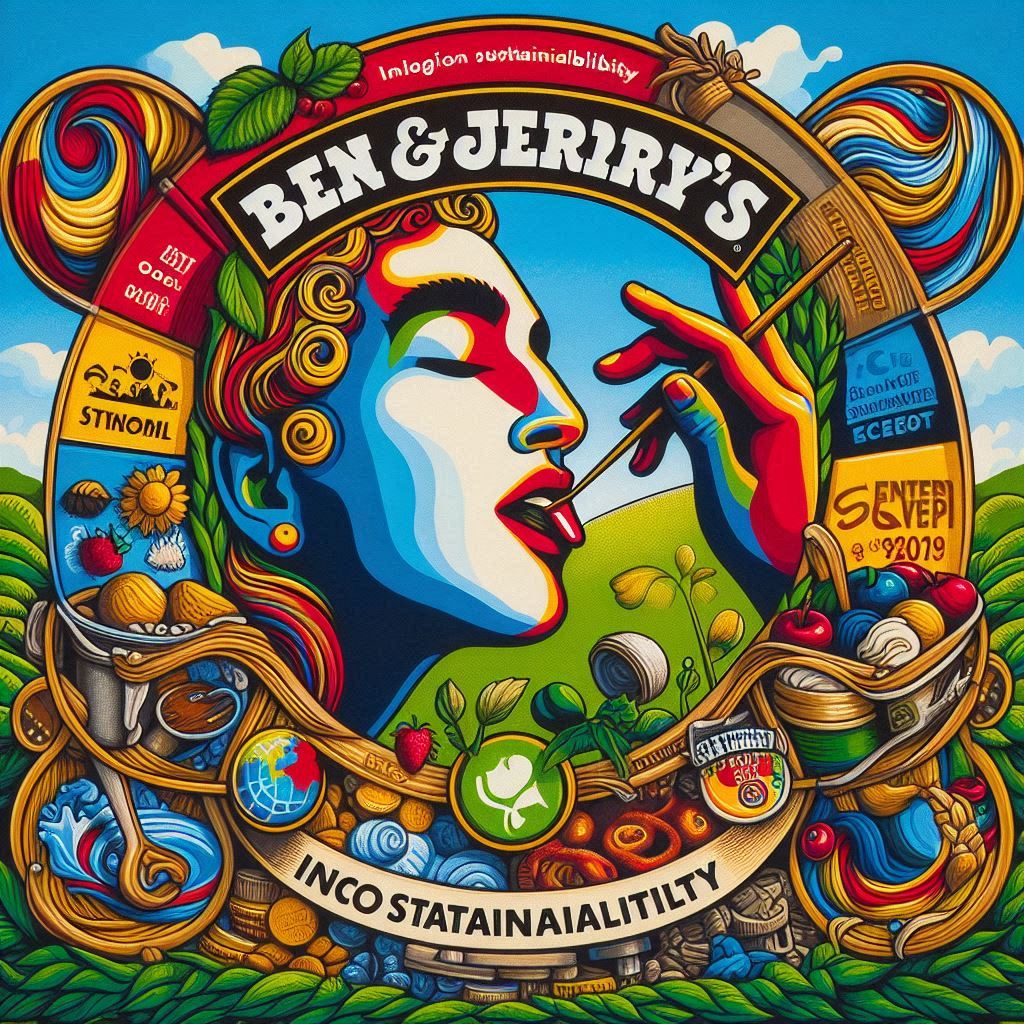Longevity in Business: The Key to Business Model Sustainability
In a volatile business world, enterprises aim to establish longevity by comprehending the significance of steadiness and versatility. Understandably, achieving long-term success mandates a resilient business model capable of adapting to fluctuating market trends, diverse consumer demands, and evolving economic scenarios.
This article meticulously examines various approaches and practices that are instrumental in fostering the longevity and resilience of businesses by effectively countering ever-changing economic landscapes. Through an in-depth analysis of multiple case studies and careful scrutiny of prevalent industry patterns, we will reveal the crucial elements that bolster a business model’s resilience, thus enabling companies to withstand the test of time and maintain sustainability.
Deciphering the Fundamental Aspects of a Sustainable Business Model
Acknowledging the Need for Commercial Profitability
A resilient business model is crucial to commercial profitability. Indeed, without it, a business would struggle to sustain itself or strive for expansion. Analyzing, for instance, a company that has built its success upon providing mobile-based financial services to the financially underserved, it becomes clear that this maneuver not only accentuates financial inclusivity but also reaffirms its stalwart position in the telecommunications industry.
Similarly, a Japanese food and biotech corporation specializing in personalized nutrition solutions for health has made substantial strides in addressing societal challenges like age-related diseases. By trumping profit margins, while simultaneously delving into tackling daunting environmental and social issues, such firms create fresh avenues of value. This innovative strategy helps generate leverage in the market, thereby securing a competitive edge.
Maintaining Sustainability Over an Extended Time Horizon
An essential characteristic of a sustainable business model is its ability to flourish over an extended period. The model needs to be adaptable, resilient, and able to intercept shifting market conditions and evolving customer requirements. Corporations that emphasize unceasing innovation and product enhancement are invariably observed to retain relevance and stay competitive.
Moreover, diversifying income streams and burgeoning into new markets can serve as adequate buffers against risks while securing long-lasting success. Regular introspection of their strategies and the readiness to implement necessary modifications can propel businesses towards maintaining indefatigable endurance and achieving perpetual sustainability.
Ensuring Efficient and Sustainable Resource Management
A cornerstone of any resilient business model is the efficient and sustainable management of resources, particularly over the long term. Companies are obliged to opt for replenishable resources that do not harm the environment. Companies should integrate viable alternatives to cheap but environmentally deleterious resources such as palm oil into their operations.
They can demonstrate their commitment to sustainability through judicious resource use and reducing unnecessary waste. Implementing ethical consumption practices helps businesses contribute to a sustainable future. Success stories of companies like Telenor, Ajinomoto, and Indigo Ag illuminate their ingenious integration of sustainable resource management into their business models, creating value while simultaneously addressing critical environmental issues.
Demonstrating the Capacity for Enhancing Societal Welfare
Companies can underscore a robust business model by demonstrating their capacity to contribute towards societal betterment. Enterprises prioritizing sustainability focus not solely on profitability but also on pressing environmental and societal issues. For instance, Telenor, a Norwegian mobile operator, spearheaded the introduction of Easypaisa in Pakistan, offering innovative banking solutions to the unbanked population and fostering financial inclusivity.
Similarly, Ajinomoto accentuates personalized nutritional solutions that address age-related ailments. Indigo Ag, a U.S.-based agritech startup, encourages regenerative agriculture through its innovative initiative, Indigo Carbon, which incentivizes farmers to extract carbon from the atmosphere. These instances highlight the potential of businesses to create substantial value by proactively addressing societal needs.
Innovating for Sustainability: A Comprehensive Four-Phase Process
A sustainable business model is predicated on a systematic innovation process. This entails identifying areas necessitating improvement, formulating novel ideas, evaluating and refining these concepts, and deploying the most compelling and effective solutions. Take a textiles retailer, for instance, which identifies waste issues in its supply chain.
It could explore options such as capitalizing on recycled materials, launching a return policy for materials, and collaborating with sustainable suppliers. These ideas would be scrutinized and evaluated through pilot programs, customer reviews, and feedback, culminating in the implementation of the most viable solutions. A systematic, targeted, and practical approach to innovation enables businesses to innovate sustainably while reaffirming economic viability.
Significant Illustrations of Sustainable Business Models
PepsiCo’s Commitment to Sustainability

PepsiCo manifests its resolute commitment to long-term environmental responsibility and sustainable resource management through a repertoire of robust sustainability measures. A prime example is their focus on sourcing ingredients sustainably. PepsiCo has formed strategic alliances with farmers to facilitate the adoption of sustainable agricultural practices, thereby encouraging resource conservation while simultaneously attenuating environmental impacts.
In addition, PepsiCo has made significant strides in reducing water consumption across its operations, accomplished through the assimilation of advanced technology and efficient practices within its operational processes.
Nike’s Drive Towards Sustainable Initiatives

Nike’s commitment towards sustainability and enduring success is epitomised in its various sustainable initiatives, most notably the ‘Move to Zero’ campaign. This initiative aims to eliminate carbon emissions and waste across its supply chain. Furthermore, Nike has made significant advancements in developing sustainable materials such as ‘Nike Flyleather’, fabricated from recycled leather scraps.
The company also invests heavily in renewable energy projects. It reduces water consumption during production, reinforcing Nike’s unwavering commitment to sustainable practices that benefit the environment and the company’s profitability.
Ford’s progression towards a sustainable future

Ford Motor Company exemplifies a remarkable transition towards a sustainable business model. A defining facet of its strategy is its commitment to leveraging sustainable resources. Ford uses eco-friendly materials in its vehicles, such as seats constructed from recycled plastic bottles and carpets fabricated using recycled nylon. By adopting sustainable materials, Ford significantly reduces its environmental footprint, thus contributing to a greener future.
Furthermore, Ford’s investment in groundbreaking technologies like electric and hybrid vehicles further accentuates its commitment to a sustainable future.
Ben & Jerry’s Integration of Sustainability into Their Business Model

The globally renowned ice cream manufacturer Ben & Jerry’s adeptly incorporates sustainability into its business strategy. The company places significant emphasis on sourcing ethically produced, fair-trade ingredients, which benefits farmers and local communities. Ben & Jerry’s has also invested heavily in renewable energy sources like solar power, thereby substantially decreasing its carbon footprint.
Additionally, through their active participation in social activism via campaigns and partnerships, they voice their unremitting advocacy for environmental justice and social equality.
Key Insights Derived from Sustainable Business Models
Sustainable business models serve a dual purpose of offering commercial profitability while adhering to principles of social responsibility. These models focus on creating and delivering a strong value proposition while understanding their target market’s preferences and needs.
In resource management, it is paramount to account for long-term availability and pricing of resources, resorting to materials that can be sustainably sourced, and forsaking environmentally harmful practices. In this respect, responsible consumption, where businesses aim to ‘borrow’ resources and replenish them, is gaining considerable momentum.
Several successful companies, such as Telenor, Ajinomoto, and Indigo Ag, eloquently demonstrate that firms across diverse sectors can strategically alter their business models to create value and gain competitive advantage while simultaneously addressing urgent societal and environmental concerns.

Vizologi is a revolutionary AI-generated business strategy tool that offers its users access to advanced features to create and refine start-up ideas quickly.
It generates limitless business ideas, gains insights on markets and competitors, and automates business plan creation.


